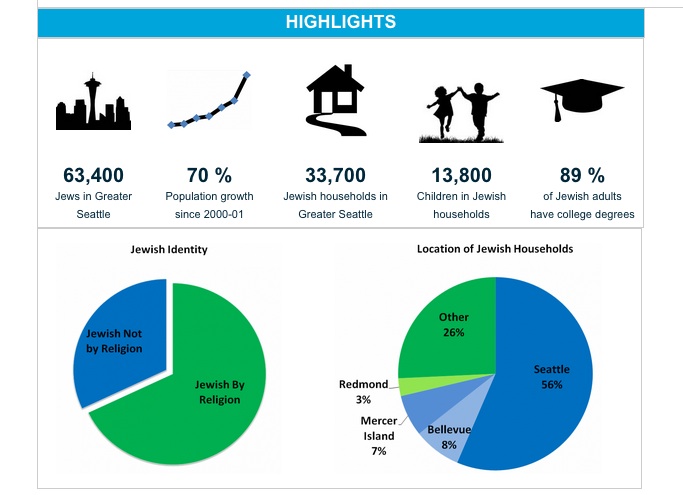
Some key takeaways from the 2014 Greater Seattle Jewish Community Study. Graphic via jewishinseattle.org.
The 2014 Greater Seattle Jewish Community Study has just concluded that there are just over 63,000 Jews in the Seattle, a huge increase–70 percent–over the 37,000 found in the most recent previous study, in 2000. But there’s a big question lurking behind that number, 63,000. Who counts as a Jew? According to one of the founding documents of Reform Judaism, the Pittsburgh Platform of 1885, Jews were purely a religious community, not a nation, or a people, or what today we might call an ethnic group. Yet according to the Community Study, almost a third of the Seattle area’s Jews define themselves as having no religion; they are Jews by ethnicity, culture, or sense of peoplehood. By the early Reform definition, there would be just over 41,000 Jews here. The Orthodox Union, at around the same time, maintained that Jews are a nation, not merely a religion (though a nation whose members are loyal to the countries in which they live). Perhaps the Orthodox Union would consider the number of Jews closer to 63,000–except for the well-known fact that they do not consider children with a Jewish father but not a Jewish mother to be Jewish, whereas the Reform do (provided the children are raised as Jews, a term as vague as can be). What about people who were born non-Jews, decided to become Jews, but never underwent a formal conversion? What if they underwent a Reform conversion, which the Orthodox won’t accept as a real conversion? So the number of Jews could vary drastically, depending on who is deciding who is a Jew. Who decided the number is 63,000? The Brandeis University Cohen Center researchers who did the study could have chosen one definition–say, that of the Orthodox, or of the Secular Jewish Circle, but they could never get away with that. Most Jews–whoever they are–wouldn’t accept the findings. And who is going to let a secular research organization decide that the Reform, or Orthodox, or Conservative, definition is the “correct” one and reject all the others? What the Cohen Center researchers did was follow a longstanding practice in American survey research: they let the people decide. If you say you’re a Jew, you’re a Jew–with reservations. More meticulous than other researchers, they examine respondents case by case, and try to apply widely accepted ideas in deciding who is a Jew. A messianic Jew? No. Someone who says she is culturally Jewish but Baptist by religion? No. A non-Jewish spouse in a mixed marriage who participates in Jewish family rituals and has come to feel Jewish? No. A Jewish atheist? Yes. Thus, whatever rules any of the denominations have for deciding who is a Jew are irrelevant in our Community Survey for deciding who is a Jew, with few exceptions. No one can enforce any particular definition, except, sometimes, on themselves. Who decides the number of Jews in the area is 63,000? Those who think of themselves as Jews, with some adjustments by the Cohen Center researchers. There’s no one in charge who can tell you what you are. This is the individualistic American way.

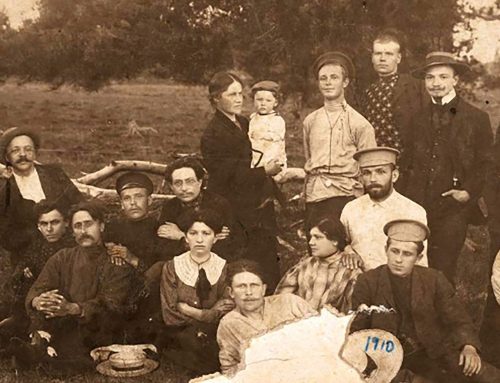

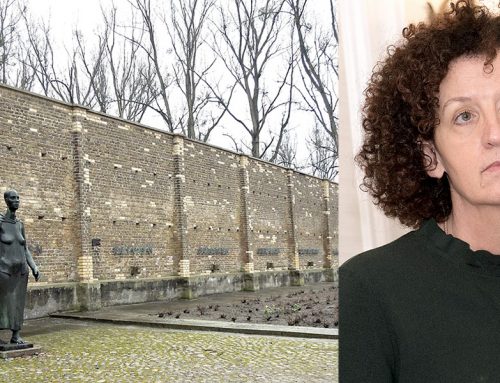
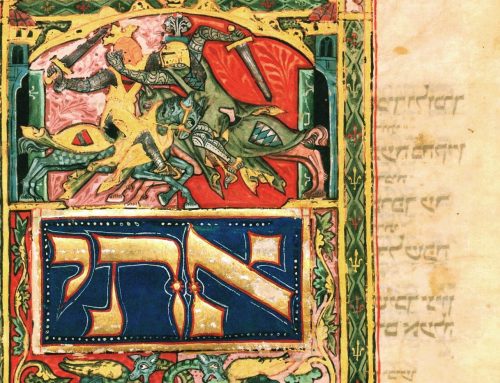
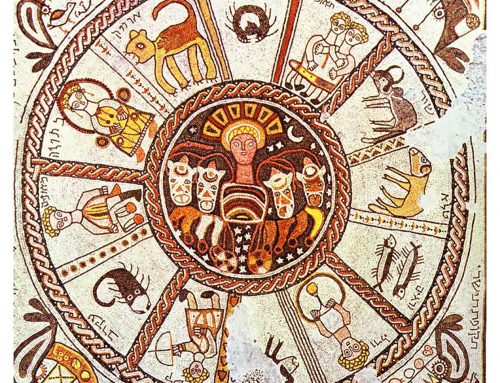
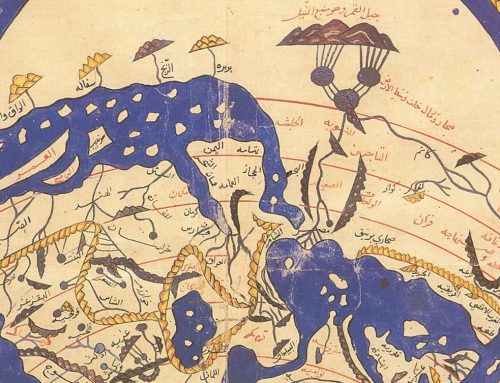
Leave A Comment